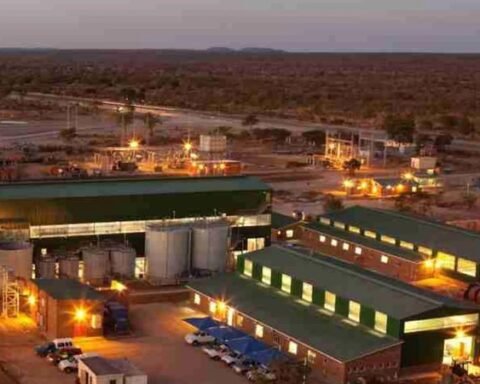ZIMBABWE is on alert after an Ebola outbreak which has claimed 17 lives in the Democratic Republic of Congo.
Ebola virus disease is a severe, often fatal illness in humans which is transmitted to people from wild animals and spreads in the human population through human-to-human transmission.
“We’re very concerned and are preparing for all scenarios, including worst case scenarios,” Peter Salama, Director of the World Health Organization (WHO)’s Health Emergencies Programme, said on March 11 about the re-emergence of Ebola in the DRC.
In a statement the Ministry of Health and Child Care said all entry points into the country were on the alert.
“To date there has been 19 suspected cases, of the 19 suspected cases 17 were epidemiologically linked.
“Seventeen deaths were reported in one health area of the ZS Bikoro and two out of five samples collected tested positive for Ebola at Reference National Lab in Kinshasa,” read the statement.
“Zimbabwe is on high alert at all ports of entry and we urge members of the public to be cautious.”
The last Ebola outbreak in the Democratic Republic of the Congo occurred in 2017 in Likati Health Zone, Bas Uele Province, in the northern part of the country and was quickly contained thanks to joint efforts by the Government of DRC, WHO and many different partners.
WHO Deputy Director-General, Emergency Preparedness and Responses Dr Peter Salama said this is DRC’s ninth outbreak of Ebola since the discovery of the virus in the country in 1976
“Our top priority is to get to Bikoro to work alongside the Government of the Democratic Republic of the Congo and partners to reduce the loss of life and suffering related to this new Ebola virus disease outbreak,” he said.
“Working with partners and responding early and in a coordinated way will be vital to containing this deadly disease.”
The Ebola virus causes an acute, serious illness which is often fatal if untreated.
The average Ebola case fatality rate is around 50 percent.








